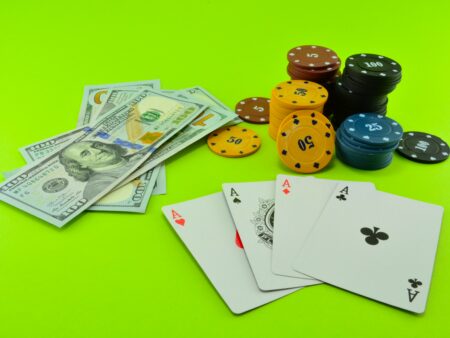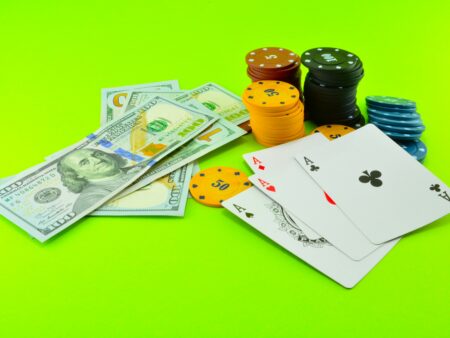Unearth the deep-rooted mathematics behind roulette odds and payouts. Understand the complexities of the game, moving beyond mere luck to calculated strategies.
Roulette Odds and Payouts: Understanding the Mathematics
Picture this: You’re at the heart of Las Vegas, surrounded by the noise, the glow, the sheer ecstasy of the casino floor. The roulette table calls your name, whispering promises of fortune and glory. You approach, your heart pounding like a drum. Will Lady Luck smile on you today? Big question, isn’t it? Well, today we’re going to dig a little deeper than luck.
Here’s something that might surprise you: Did you know that the expected return on any bet in roulette is the same, irrespective of the configutation of your bet? Your winning odds and payouts, however, do vary based on the type of bet you place. And that’s what this game is about, isn’t it? Mastering those odds to push the boundary between gambling and calculated risk.
What are Roulette Odds?
“Odds” isn’t just a term tossed around by gamblers under the faint smell of old carpets and tension; it’s grounded in deep, nuanced mathematics. Understanding the roulette wheel, and the odds associated with it, is like opening up the game’s very architecture.
In the end, we’re all just players navigating the roulette wheel’s complex labyrinth. I often tell folks, it’s not unlike life itself. Some days you play the numbers straight and come up empty. Other times, you go in blindly and hit a straight up win on a single number bet. The roulette strategies you choose, they ride along with you, win or lose.
Moving forward, let’s shift our focus to the key element of any game of Roulette – the wheel. With its 36 numbers plus a 0 (and a 00 if it’s the American version), the mathematics of it all should seem straightforward, right? But it isn’t. For example, when you “listen to your gut” and bet on your favourite number, your odds of winning are 37 to 1. That’s the raw, unforgiving math of it.
The House Always Wins?
There’s a famous saying – ‘the house always wins’. But why is this so? It comes down to something called ‘house edge’. This term refers to the mathematical advantage that the casino has over you as a player in the long term in any game. In European Roulette, this sits at a small but mighty 2.7%. It’s like a silent partner, slipping away with its share, no matter what.
Looking at this, the odds might seem stacked against you, but that’s where a smart game strategy comes in. Armed with knowledge and the right roulette strategies, you can tilt the scales in your favour, in a game where every decimal matters.
Mitigating the Luck Factor
So how can you possibly challenge this seemingly omnipotent ‘house edge’? First off, it’s about understanding the payouts. Placing a bet on a single number, you stand to win 35 times your bet. Betting on black or red, odd or even, high or low numbers— these are considered ‘outside bets’ with a payout of 1:1. However, the odds of victory are much higher.
Another way to navigate around the ‘house edge’ is using effective betting strategies. The Martingale strategy, for example, where you double your bet after every loss, is a popular one. Or the D’Alembert strategy, named after a French mathematician, which is all about decreasing the bet after a win and increasing it after a loss. Remember: a wisely chosen strategy can amplify your winning chances.
Here’s something to remember: Roulette, like life, is a mix of chance and strategy. Yes, the wheel has its house edge, but armed with the knowledge of odds and payouts, and by choosing effective roulette strategies, you can definitely increase your chances of leaving the table with a smile on your face.
If there’s one thing I’ve learned about Roulette (and perhaps life), it’s that every spin is a new opportunity. So, will you seize it?










